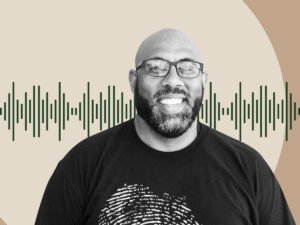
May 8, 2017; The Guardian
For the better part of this decade, banks have been known to close nonprofit accounts with little warning as part of a process known as de-risking. In the U.S. and UK, banks face steep fines if it is discovered that they allowed money linked to laundering or terrorism to flow through their bank. Rather than take this risk, banks such as London-based HSBC have simply shut down accounts, particularly charity accounts, in areas such as Syria and Somalia where wars have led to a potential increase in illegal activity. Unfortunately, it is in these areas that humanitarian efforts are most needed.
NPQ recently described the issues surrounding de-risking and why charities that provide assistance in other countries face an elevated risk of frozen or closed bank accounts. But this is not a new phenomenon, and given that these nonprofit accounts tend to be smaller than corporate accounts, it’s one that is quite pervasive. From a bank’s perspective, the cost-benefit analysis makes the decision easy. From the nonprofit’s perspective, however, this decision comes at a high human cost, as aid organizations are unable to perform lifesaving services such as medical procedures and getting food and water to starving populations.
The worst part about banks de-risking is the irony of the situation. Banks de-risking actually increases the very problem they set out to avoid. When bank accounts are frozen or closed, nonprofit organizations often have to rely on other means to transfer money between countries. Rather than being able to rely on the safety and transparency of a regulated bank account, many have had to resort to carrying cash through terrorist-controlled regions to reach those they are trying to help. This process not only puts nonprofit staff at incredible risk but also potentially makes it easier for terrorist groups to access funds.
Sign up for our free newsletters
Subscribe to NPQ's newsletters to have our top stories delivered directly to your inbox.
By signing up, you agree to our privacy policy and terms of use, and to receive messages from NPQ and our partners.
In fact, the director of the Financial Action Task Force, which pointed out charities as high-risk in the first place, has come out and agreed, “This is a serious concern…de-risking may drive financial transactions underground which creates financial exclusion and reduced transparency, thereby increasing money laundering and terrorist financing risks.”
Furthermore, according to the Charities Aid Foundation, “Charities play an essential role in providing aid and building stability in vulnerable countries. Compromising that stability by cutting off aid could increase the risk of terrorism.”
While it is easy to point a finger at the banks, unclear government regulations coupled with steep fines created a situation in which seemingly high-risk, low-reward nonprofit clients were an inevitable fatality. It appears the regulatory agencies have recognized the errors of their ways. How long until the banks finally catch on and are convinced that regulatory conditions are changing?—Sheela Nimishakavi













